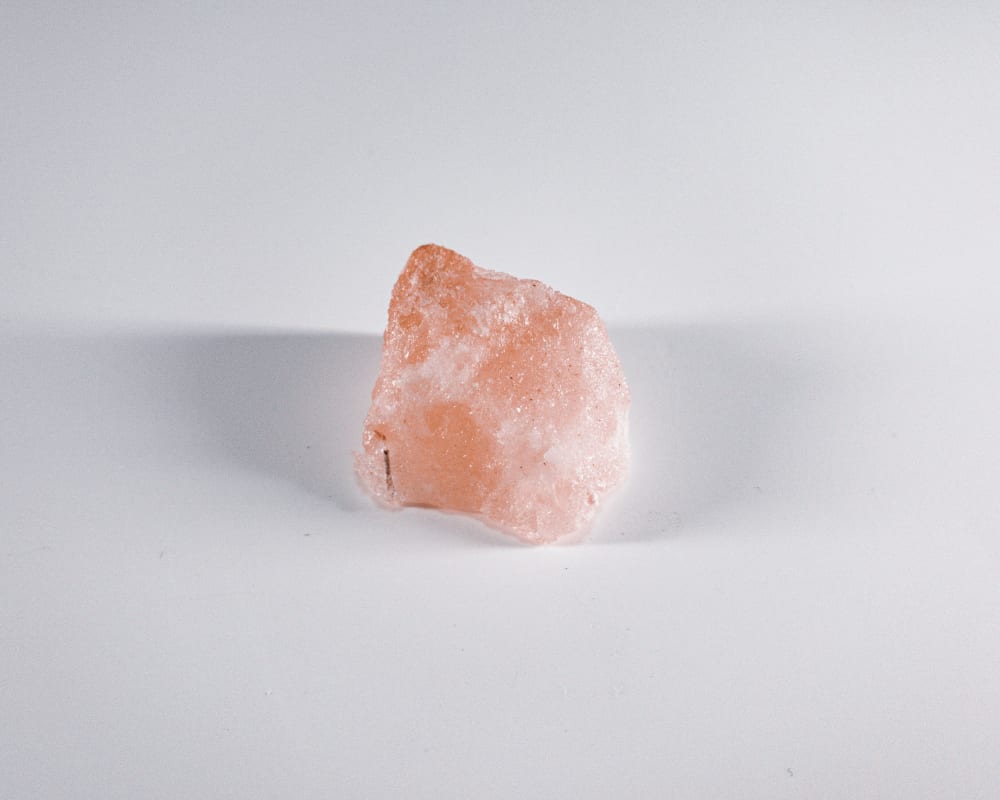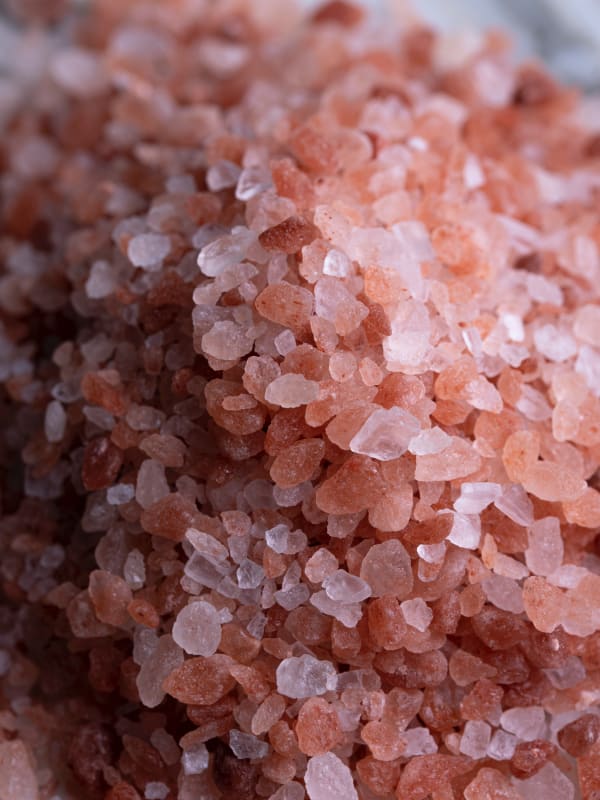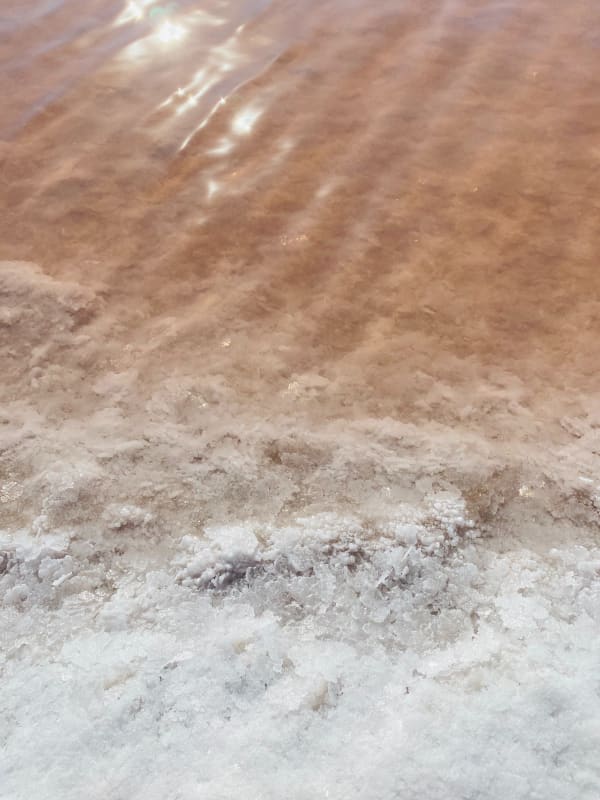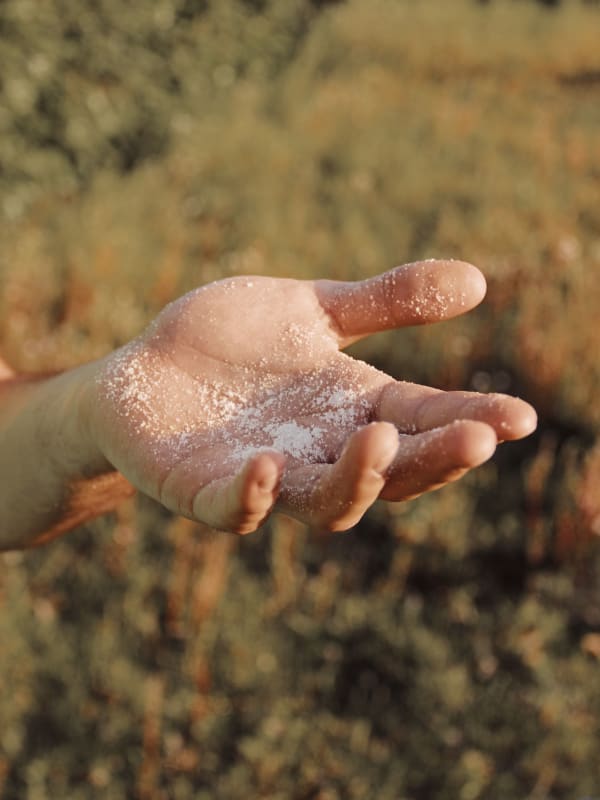Popular Conditions & Diets

Salt isn’t just a seasoning, it’s a foundational nutrient that has shaped human survival, trade, and biology. While modern conversations focus almost exclusively on excess sodium, this article reframes salt as an essential electrolyte critical for hydration, nerve signalling, muscle contraction, and stress regulation. The real takeaway isn’t fear or avoidance, but understanding context: quality, balance, and individual needs matter more than blanket restriction.
No single food commodity has had nearly as much influence on civilizations, economies, religions, or language. Wars have erupted over it, and it has brought combat to a screeching halt. It is the stuff of life and death. Our body even makes a specific hormone just for it. It's salt, and it's impossible to make a decent meal without it.

For the vast majority of our species' life on this planet, salt was used to store and preserve food. With its fantastic ability to draw and trap water, salt deprives dangerous bacteria of the moisture they need to replicate. Between our biological requirement for it and its unique ability to keep food edible, salt has always been a resource of prime importance for every human settlement, big or small.

If salt couldn't be produced locally, it would have to be imported. The global salt trade developed due to regional scarcity. When combined with our physical requirements for sodium and the crucial role of salt as a preservative, epic civilizations emerged by maintaining an advantage in the global salt trade.
The first state tax on any commodity trade was likely a salt tax levied by emperor Yu of the Xia dynasty around 2000 BC. It would become so lucrative that it funded most of the construction costs for the Great Wall of China centuries later.
In 1286, France introduced the gabelle, a set of salt taxes and regulations established across the country but bitterly despised by the people. Not only did these laws increase the price of salt, but they indirectly led to the incarceration of thousands of salt smugglers who attempted to bring it between jurisdictions for a profitable markup. It was no minor issue. The tension with the monarchy over-rules and taxes on salt would eventually play a significant role in instigating the French Revolution.
Even much much later in 1930, Gandhi led thousands on the historic 240 miles Salt March to protest Britain's grip on India. Not only did the colonists have a monopoly on all salt sales in the country, but they added a steep tax on every purchase. Images of the Salt March drew international sympathy far and wide for India's independence movement.

It might seem strange to think of salt as a currency, once traded pound for pound with gold. In ancient Abyssinia, salt was pressed into coins as the principal exchange medium. It is still used as money by the nomads in the Danakil Plains of Ethiopia.
In our present world, salt scarcity isn't known by many. For many of us, especially those with high blood pressure, getting too much dietary sodium is a concern. Without exception, we all need at least some salt to function.
As an essential electrolyte, sodium works with its sister mineral potassium to regulate electrical charges and fluid balance all over the body. Roughly 85% of it can be found in the blood and the lymph, making it a decidedly extracellular mineral. While it primarily resides outside of our cells, it is essential to move nutrients and fluids into cells. Water without at least trace amounts of salt won't quench your thirst or hydrate your cells. Hospitals use a saline drip, instead of plain desalinated water, for precisely this reason.
Aside from fluid balance, hydration, and cellular absorption, sodium is also critical for the firing of the nerve signals, the production of stomach acid, and for contraction of muscles.

Our adrenal glands are probably best known for secreting the stress hormone cortisol and the emergency hormone adrenaline. Our adrenals also make aldosterone, the salt hormone. During times of stress, all three of these hormones are released.
Hopi legend states that the Warrior Twins hid salt and made humanity work to unearth it and work for it we certainly did. If there is any single factor that has changed between salt’s rich history and its role in our lives today, it is the issue of scarcity. Modern excavation technology has revealed seemingly endless underground salt mines. So while salt is undeniably precious, we don’t have to worry about running out. We almost certainly won’t have to go to war over it.
Keating, J. (2014, November 24). The Chinese government's salt monopoly has lasted for 2,600 years. it's about to end. Slate Magazine. Retrieved February 27, 2023, from https://slate.com/news-and-politics/2014/11/the-chinese-governments-salt-monopoly-has-lasted-for-2600-years-its-about-to-end.html#:~:text=During%20the%20third%20century%20BC,the%20Great%20Wall %20of%20China.&text=Several%20centuries%2C%20dynasties%2C%20and%20revolutions,monopoly%20is%20still%20in%20place
Kurlansky, M. (2002, February 24). 'Salt'. The New York Times. Retrieved February 27, 2023, from https://www.nytimes.com/2002/02/24/books/chapters/salt.html

Ancient communities had to live near the ocean to produce salt by evaporation or live close to an inland source. Among the more notable was the famous Wadi el-Natrun rock salt deposit in ancient Egypt that would provide sodium with its moniker “Na” on the periodic table of elements.
As recently as 1847, the early Mormon settlers arrived with great relief at Utah's Salt Lake Valley, where they reasoned that an abundance of salt at their fingertips would help make them self-sufficient.
Camel caravans and great galleons crossed land and water travelling the worn-in trails of a global salt transport network. These included the bustling Via Salaria leading to Rome and the still-celebrated Salt Way in England, both of which witnessed the movement of ton after ton of bricked salt.
The great canalled city of Venice rose to prominence and prosperity for 1100 years perched on the Adriatic sea. This abundant salt reserve made the Venetians champions of the business. Poland's 16th-century salt mines upheld vast empires until their market share was overtaken by German sea salt.
Maybe it's not so strange after all: salt is a virtually indestructible compound. Even after dissolving completely, it can be evaporated and salvaged. It is recyclable and immortal: the salt we put in our soup or de-ice our driveway with could be millions and millions of years old. Perhaps we have even seasoned our eggs with salt that was once paid to a Mongolian soldier.
Aldosterone instructs the kidneys to hang onto water and sodium. Water always follows sodium, so these are two sides of the same coin. However, the adrenals might gradually become less responsive with chronic stress, and aldosterone production can start to subside. This can give rise to the excess loss of fluids and sodium as the kidneys are not signalled to retain them. This is a perfect example of someone who would do well to get more good salt in their diet to replace what they are losing.
MacMillan, L. (1970, January 10). Simulated Mars mission reveals body's sodium rhythms. Vanderbilt University. Retrieved February 27, 2023, from https://news.vumc.org/2013/01/10/simulated-mars-mission-reveals-bodys-sodium-rhythms
Salt Taxation. Saltwork Consultants. (n.d.). Retrieved February 27, 2023, from https://www.saltworkconsultants.com/salt-taxation/#:~:text=In%202200%20BC%20the%20Chinese,the%20Imperial%20Court %20with%20salt.&text=When%20the%20Chinese%20Emperor%20Hsia,world%27s%20first%20documented%20state%20taxes
Stevens, M. (2022, October 6). Why to choose Celtic Sea Salt over Himalayan. Eat Beautiful. Retrieved February 27, 2023, from https://eatbeautiful.net/why-choose-celtic-sea-salt-over-himalayan/
Time Staff. (1982, March 15). A brief history of salt. Time. Retrieved February 27, 2023, from https://time.com/3957460/a-brief-history-of-salt/#:~:text=As%20early%20as%20the%206th,other%20areas%20of%20central%20Africa